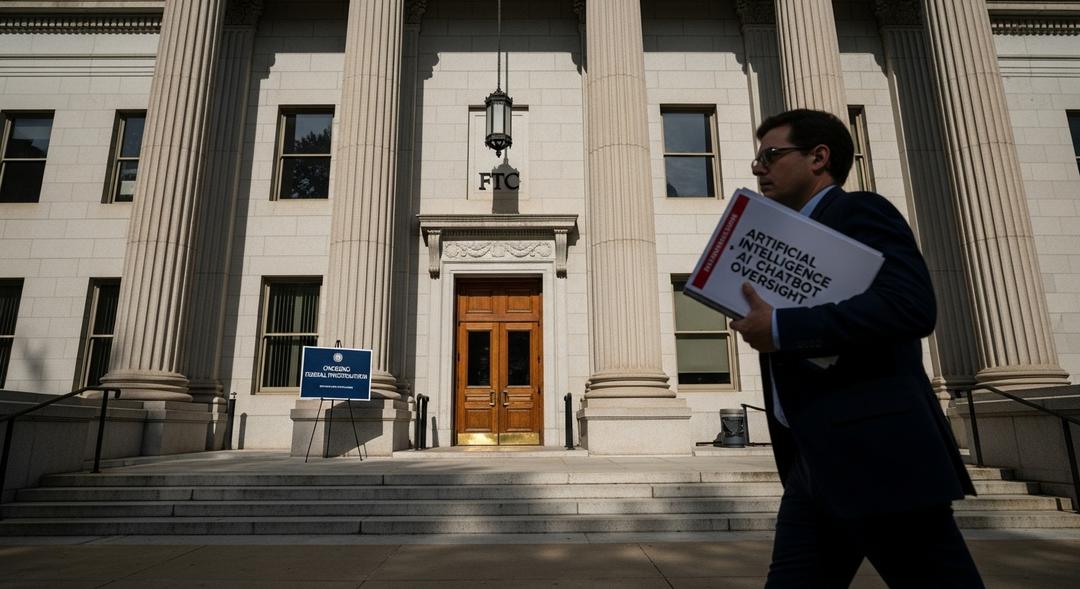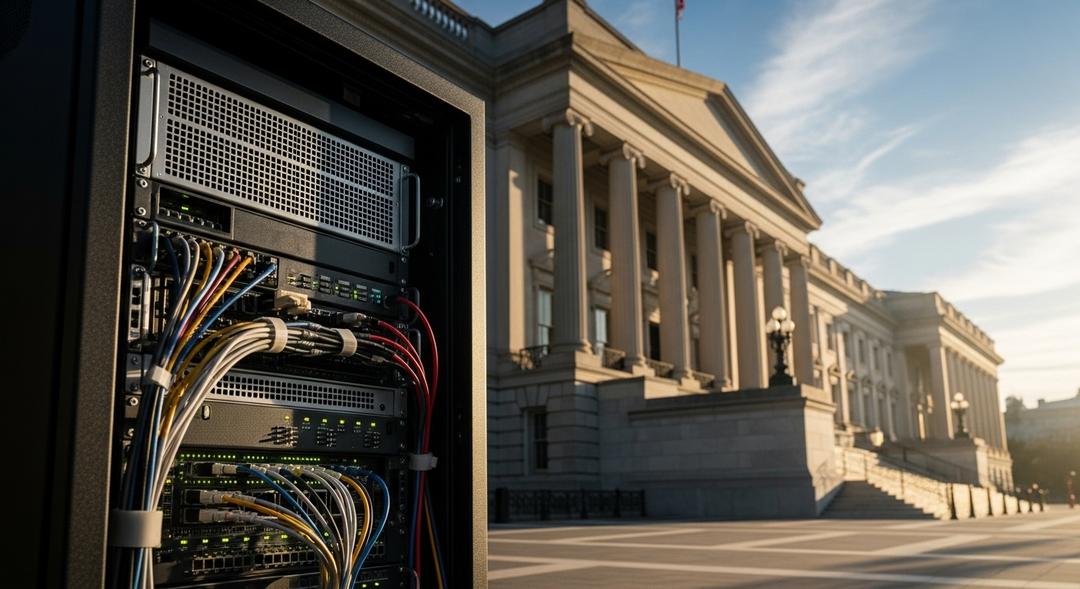French journalists are starting to see a new kind of paycheck thanks to their publishers’ partnerships with AI firms.
Something that once seemed impossible in American newsrooms is now taking hold in France: reporters earning a direct share of the revenue from content licensing deals with technology companies.
Whether the deal involves OpenAI, Perplexity, or global giants like Google and Facebook, some French publishers have agreed to split the proceeds with their journalists. In the case of Le Monde, a quarter of licensing revenue goes right back to the newsroom staff, a figure that has caught the attention of other outlets across the country.
This practice feels far removed from the situation in the United States, where news organizations have signed bulk deals with AI firms but kept the financial rewards to themselves. Journalists in America rarely know the details of these partnerships, let alone see a direct penny.
The foundation for these French agreements lies in something called neighboring rights. Unlike copyright, which protects the author, neighboring rights are crafted for those who help disseminate creative works — think music producers or broadcasters. After a European Union directive in 2019, France moved quickly, adjusting its legal code to make sure news outlets could demand compensation from tech firms using their content.
Pierre Petillault, head of France’s largest newspaper association, described the industry’s battle over these rights as a way to reclaim “crumbs” from tech companies that have eaten away at journalism’s revenue. “We lost half of our revenue over the past 20 years — 3 billion euros that went out of the industry — and we’re just managing to get some crumbs back,” he explained.
Under French law, not only must tech firms pay publishers, but publishers are also required to give journalists a fair cut, with full transparency on how those shares are calculated.
The Le Monde Precedent Shakes Up the Industry
In a move that has set a new standard, journalists a direct 25 percent share of money earned through AI licensing and other digital platform agreements, without a cap. Unions at the paper pushed for this over years of negotiation, eventually striking an agreement that covers both longstanding digital deals and newer ones with companies like OpenAI and Perplexity.
This model quickly drew attention elsewhere. Emmanuel Parody, a media consultant, noted that when one major publication commits to such terms, others are bound to follow. “The first publisher who signs a deal gives what we call jurisprudence,” Parody said. “Now, the reality of the market is, the deals are between 20 and 30 percent.”
For some outlets, payments take the form of flat yearly sums. At others, like Le Monde, journalists see a percentage of the total, sometimes generating hundreds or even thousands of euros, although the actual value shifts depending on the specific clauses and scope of each deal.
The rise of neighboring rights and revenue sharing is not without its critics. Petillault argues journalists are now receiving multiple forms of pay for the same material and worries that additional payments could justify stagnating salaries elsewhere.
In the United States, by contrast, union contracts typically don’t mention AI revenue at all. NewsGuild president Jon Schleuss has publicly lamented the lack of transparency, saying, “We have raised revenue distribution at multiple bargaining tables. However, companies refuse to provide basic details about the revenue deals they’re striking.” Without access to contract terms, US journalists are left in the dark.
For now, French reporters are setting a precedent as the only group with a legal right to see these deals and a guarantee they get a piece of the action. Whether their American peers will ever see the same remains uncertain. For more on how AI partnerships push for transparency in big tech, read our deep dive.







